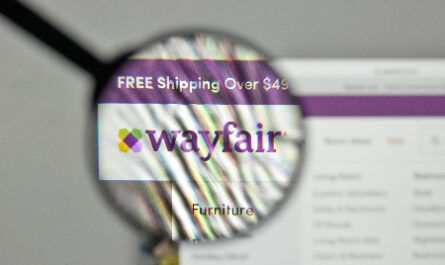3 key brands are now being produced by a single Indian factory, making it easier for customers to buy in smaller quantities
HIGH POINT — Whole-home resource Primo International debuted the first phase of its Smithsonian licensed collection here and relaunched two other marquee brands, bringing production of all three under one manufacturing roof.
Primo dedicated roughly one-third of its two-floor showroom in the International Home Furnishings Center to the middle-range Smithsonian collection and the expanded collections of step-up Stearns & Foster furniture and starting-price Primo Coastline goods. The emphasis is on more designer looks and — especially with Smithsonian and Coastline — scaling product to meet smaller-space living demands.

On the upper floor, the Canada-based resource created a dramatic accent wall of Smithsonian and Coastline products leading into room vignettes that mix and match the lines as well.
With Smithsonian, Primo is starting with an estimated 75 to 80 pieces, inspired by natural elements, a handcrafted philosophy and items on display in its renowned institution’s museums, John DeFalco, Primo executive vice president, told Home News Now. The initial offering includes dining sets, occasional furniture and accent pieces. Dining tables with four chairs are expected to retail for about $1,499 to $1,999.
The initial collection of this Forest Stewardship Council-certified line features light finishes on natural carbon-capturing woods, such as mango, acacia, sheesham and rosewood.
The collection will start shipping within the next two months and be on retail floors by the end of this year or early next year, he said. All three are now being produced by a single Indian factory that Primo has partnered with exclusively. This will make it easier for customers to buy and try in smaller quantities, if, for instance, they want to test, say, the more expensive Stearns & Foster offering without making a huge commitment.

“So now it’s easier to flow, easier to manage, and it gives them a much bigger opportunity when they place orders,” DeFalco said. He declined to identify the factory, but said it was a “true partnership.” “We’re both committed, so the customers are basically buying factory direct.”
In addition to new accents and occasional pieces, Primo’s Coastline was expanded by taking bestselling larger dining pieces, for instance, and developing smaller-size dining groups to fit a wider variety of home sizes.
“We basically exploded the collection into additional pieces and multiple sizes — large, medium, small, pub — with matching occasional tables and sideboards (and television consoles coming). Consumers can buy the rooms, and with today’s open floor plans, it really looks great, when, from the kitchen, you can see your dining area, your living area, and everything has this flow of matching finishes and design.
“It’s very design-oriented, very finish-orientated and ergonomically designed for smaller-space living.”
Retailer reception has been “amazing,” he said, adding that buyers were responding positively to all of it — from the displays to the finishes and designer looks to the not-so designer pricing. Even Stearns & Foster, introduced about a year ago at the top end of Primo’s pricing spectrum, was expanded with new handcrafted pieces with hand-hammered metal and other detailing to retail well below more typical high-end prices. DeFalco pointed to one 60-inch coffee table for instance that will retail for about $999 compared to similar looks in the marketplace that go for as much as $5,000, he said.

After Primo first launched the Stearns & Foster case goods, Primo found it a little difficult for retailers to dip their toe in because of the initial order commitment.
“Now, because they’ll be able to bring this product in with our other Primo products, it’s opening the door for them to buy all (three brands) because we’re putting it under one roof.”





